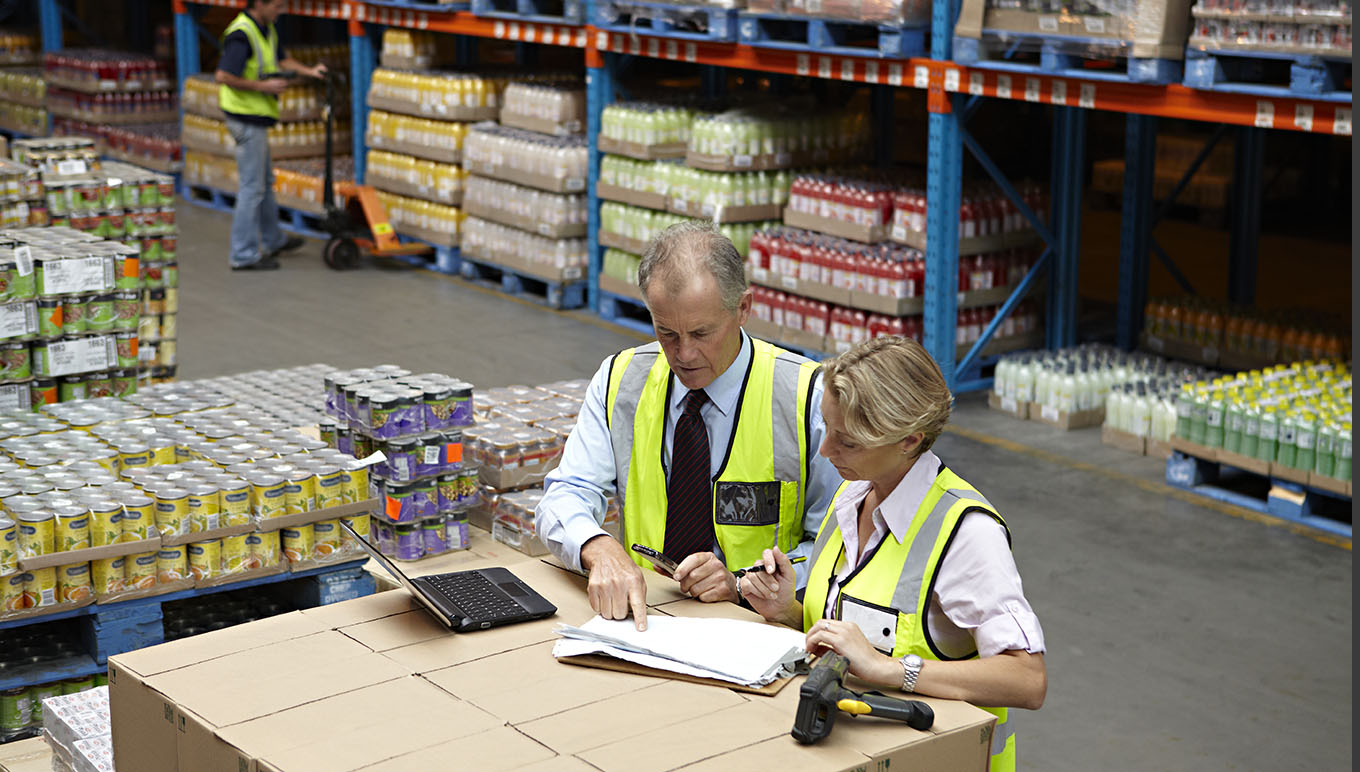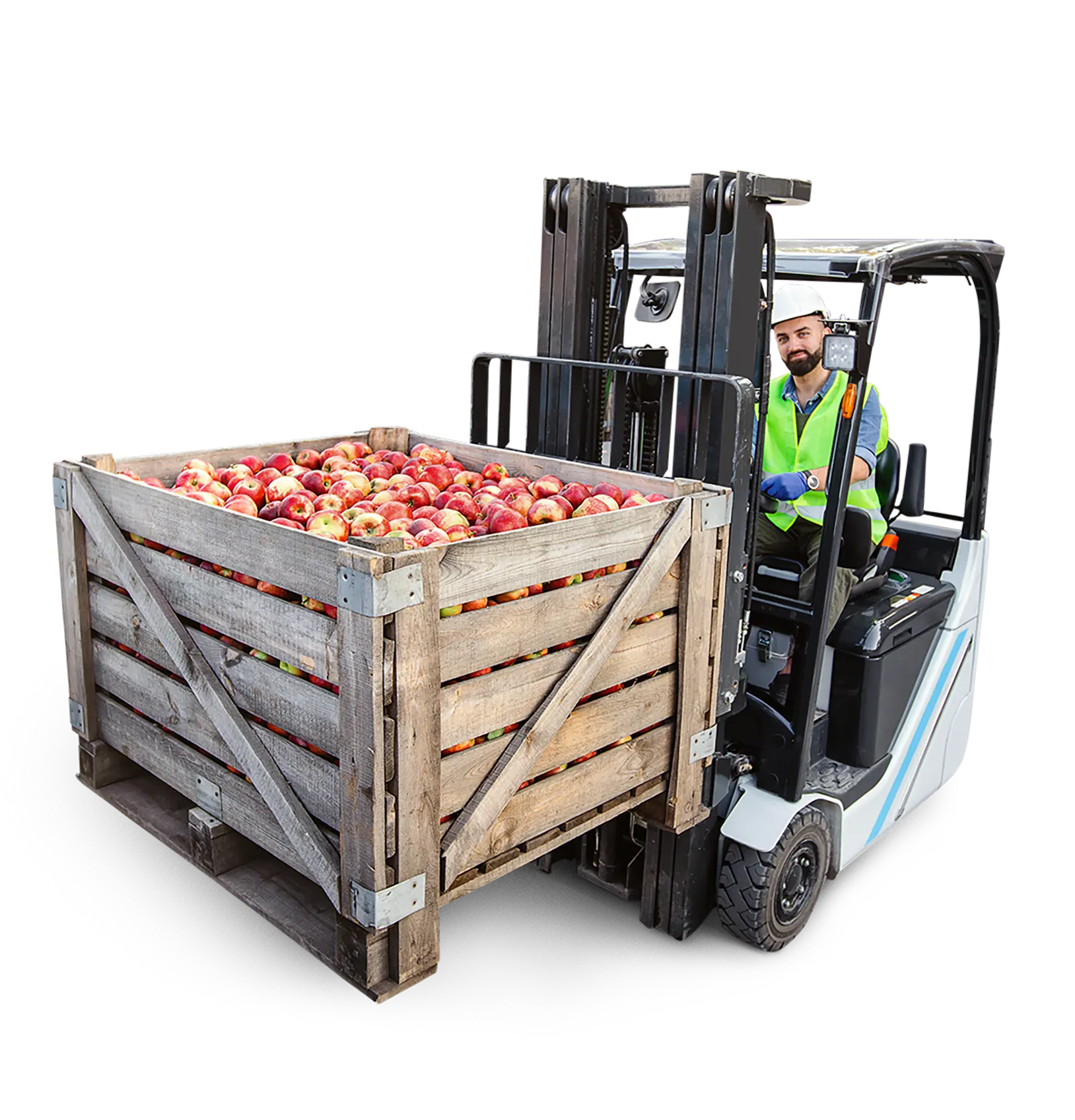Outsourced Food Production: The Benefits (And Risks) of Co-Manufacturing Partnerships
Outsourced Food Production: The Benefits (And Risks) of Co-Manufacturing Partnerships
Outsourced Food Production: The Benefits (And Risks) of Co-Manufacturing Partnerships
Mar 9, 2023
 Aptean Staff Writer
Aptean Staff Writer 
Running a profitable food business means seizing every opportunity to reduce costs and increase efficiency. Many brands are trying to achieve this by outsourcing production to a co-manufacturer or co-packer.
74% of U.S. food manufacturers and producers already outsource some form of production, according to IDC research, commissioned by Aptean. Almost half (47%) plan to outsource more over the next 12 months.
While outsourcing food production can help food brands to scale quicker and put more resources into product innovation, there are risks associated with relying on third parties. Outsourcing cannot affect food quality or order reliability, otherwise any profit margin improvement will be canceled out by a reduction in sales.
To help food companies establishing contract partnerships to manage operational challenges, Aptean has launched a new guide to mitigating risk in outsourced food production.
Keep reading to learn more about why food brands choose to outsource production, and the key contract partnership challenges that companies must address.
If you’re already familiar with the ins-and-outs of outsourcing, feel free to skip to the next section: Why Do Food Companies Outsource Production?
What Production Elements Can Brands Choose to Outsource?
There are three main types of contractors that food and beverage brands choose to work with:
Co-manufacturers (also known as contract manufacturers): a company that converts raw materials into finished products. Co-manufacturers may focus solely on food manufacturing, or they will offer food manufacturing along with packaging management.
Co-packers (also known as contract packers): a company that packages and labels bulk products, ready for distribution. Some partners will offer additional services such as packaging design, labeling compliance and product fulfillment. Many SMBs begin their outsourcing journey with a co-packer, as it’s generally more affordable and easier to coordinate.
Distribution partners: in addition to co-manufacturing and co-packing, food brands can outsource warehousing, distribution and fulfillment needs to a third-party logistics (3PL) company.
Why Do Food Companies Outsource Production?
There are a number of driving factors behind a food brand’s decision to outsource. These include:
Adapting quickly to fluctuating demand: contract manufacturers remove some of the limitations created by depending on in-house resources. They have the facilities, equipment and labor available to move quickly into production.
Increasing scalability: outsourcing manufacturing, packing and distribution increases production capacity without needing to expand internal facilities. Some contractors will even store inventory.
Overcoming labor shortages: recruitment is a big challenge in the food industry. Outsourcing can be a quick and effective way to plug workforce gaps and counteract skills shortages, to continue production.
Managing costs: outsourcing can reduce operational overheads and capital expenditure. Less space and fewer people are needed in-house to manage production, while contractors can often source ingredients at lower prices because they’re bulk-buying for multiple customers. Some food brands outsource complex SKUs and seasonal products to co-manufacturers, so they can focus on simpler, more profitable production runs internally.
Improving innovation: delegating manufacturing, packing and distribution to a third party gives companies more time and resources to focus on their customers and create new products.
But while these benefits are powerful, outsourcing is not a quick fix for systemic problems. Contract manufacturer and co-packer relationships must be carefully managed to mitigate the risks generated by relying on third party capabilities.
What Are the Risks Associated With Outsourced Food Manufacturing?
As we mentioned at the start, outsourcing production carries certain risks. Poorly managed partnerships can create reliability and quality issues, which may lead to a downturn in sales.
For co-manufacturer and co-packer partnerships to work successfully, there are four main challenges that food brands need to address:
Maintaining quality control. The food industry’s complex regulatory requirements mean compliance and quality control are more challenging to manage than other sectors. When outsourcing production, brands rely on external partners to uphold the same standards they set internally. But co-manufacturers and co-packers don’t have the same level of reputational investment.
Communicating with external partners. It’s not easy to maintain a dialogue with a co-manufacturing or co-partner, especially if they’re based in a different time zone or speak a different first language. This disconnect can have significant consequences for production speed and quality, as broken communications can result in misunderstandings and misinterpretations that affect customer orders.
Controlling costs. While outsourcing lowers capital expenditure, poor communications can cause mistakes that are costly to fix. Additionally, food brands may invest in multiple systems to manage elements of outsourced production, which can be expensive to maintain if they operate in a siloed manner.
Change management. In theory, outsourcing can help food brands adapt quicker to fluctuations in demand. But in practice, implementing change can be much harder when brands are reliant on outsourced partners. We’ve already spoken about the challenges of communicating with third parties; this can make implementing change slower and more complex, resulting in lost opportunities.
Fortunately, industry-specific software solutions like our food ERP, PLM for food and beverage and routing and scheduling can help brands to manage outsourced processes, streamline communications and generate valuable data insights.
To find out how enterprise technologies drive success, download Aptean’s new guide to mitigating risks in outsourced food production. Our report features exclusive research statistics from IDC and tactical guidance on building stronger contract partner relationships using industry-specific food software.
Whether you’re managing production in-house or outsourcing some elements of manufacturing, packing and distribution to a contract partner, Aptean technology can help you streamline operations and mitigate risks. Book a free Aptean Food & Beverage ERP demo to enhance your production using food-specific software.
How To Thrive During Food and Beverage Market Turbulence
Prioritizing modernization, optimization and a sound strategy is necessary for success in the food and beverage industry. Increase operational agility in a continually changing (and often unpredictable) manufacturing landscape.



